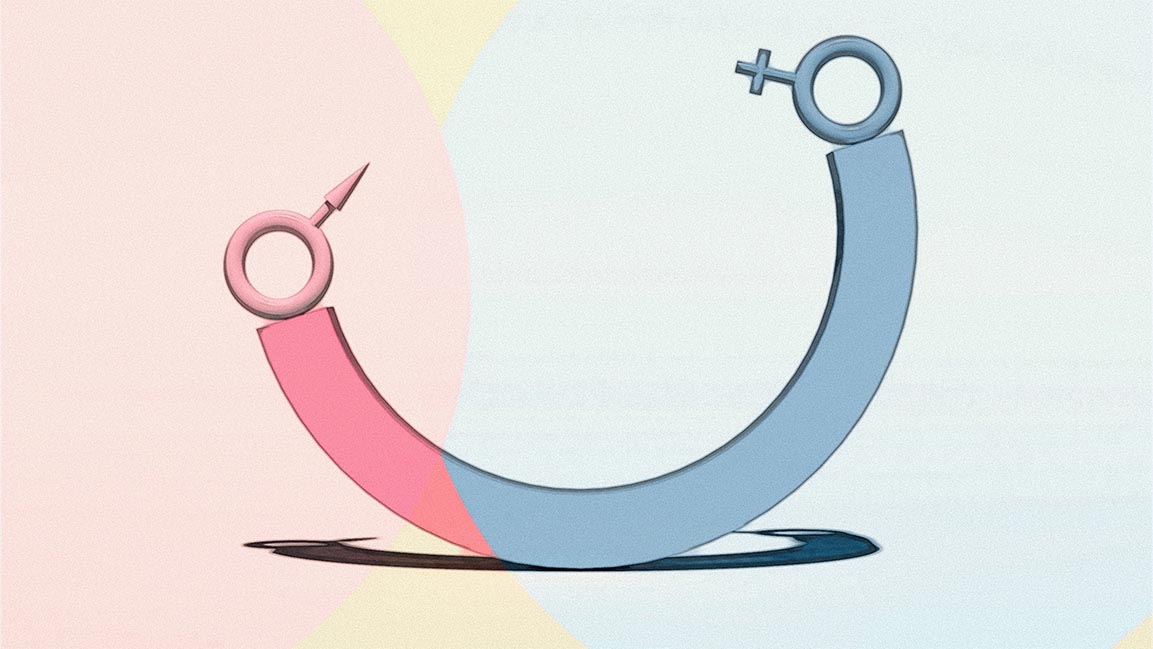- | 2:00 pm
MENA region faces ongoing gender gap challenges
MENA region struggles with gender parity as global gender gap narrows.

In 2023, the global gender gap has narrowed to 68.4%, marking a 0.3% improvement compared to 2022. These figures are derived from the Global Gender Gap report by the World Economic Forum, which evaluated 146 countries based on economic participation and opportunity, educational attainment, health and survival, and political empowerment.
According to the report, the Middle East and North Africa (MENA) region lags behind other regions in achieving gender parity, scoring 62.6%. This indicates a decline of 0.9% compared to the previous year’s score of 63.4% in the same region.
Not only did the gender gap percentage fall for the MENA region, but their score has placed them lower in the rankings of regions. Last year, MENA had the second-largest gender gap to close, but this year the region is first as South Asia overtakes them with 63.4%. The WEF report states that full regional parity will be attained at this rate in 152 years, compared to 115 years in 2022.
The light at the end of the tunnel is that within the MENA region, the UAE, Israel, and Bahrain have acquired the highest parity. Abigail Davenport, Head of Strathclyde Business School in the UAE, says, “Empowering female leaders is critical to achieving equity and access, which are crucial today. That’s why our MBA program offers a 30% scholarship and a supportive network to help women invest in their professional development.” Meanwhile, Morocco, Oman, and Algeria rank the lowest for gender parity in the region.
The MENA region has experienced declines in three out of the four assessed categories. Economic participation and opportunity have decreased by 2%, with a score of 46.0% in 2023 compared to 44.0% in 2022. Similarly, educational attainment decreased slightly by 0.3%, from 96.2% in 2022 to 95.9% in 2023. While health and survival remained steady at 96.4%, political empowerment witnessed a significant decline of 1.1%, dropping from 15.1% in 2022 to 14.0% in 2023.
Fazeela Gopalani, Head of the Middle East at the Association of Chartered Certified Accountants (ACCA) says, “The latest WEF report proves we have more to do, but I’m encouraged to see that the UAE leads the region in working to close the gender parity gap. Through Women in Finance, ACCA hopes to increase the proportion of women in senior positions to 30% by 2025, building on the momentum of the UAE’s gender balance goal.” With the introduction of their Saudi Arabia and Bahrain campaign in the coming months, the ACCA hopes to expand the number of women in the field across the region.
































